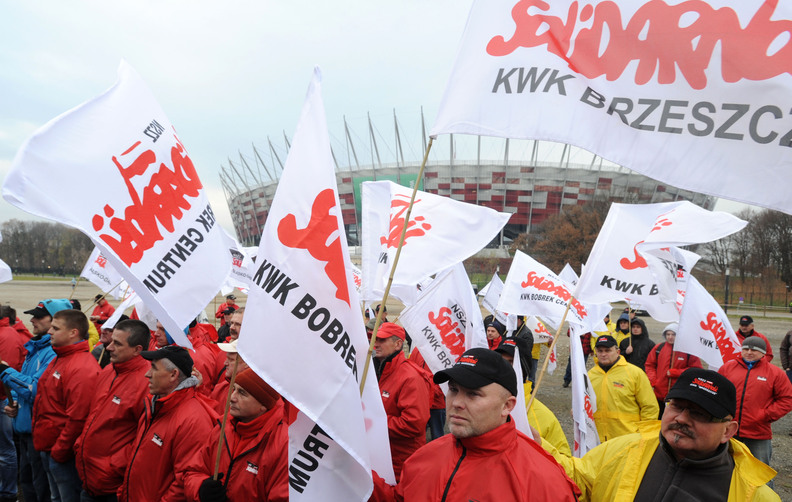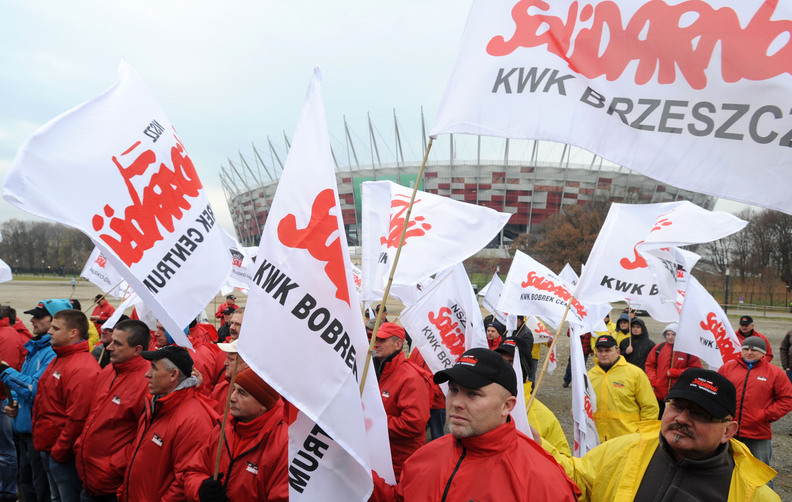WARSAW, Poland — Rich and poor countries are struggling with a gaping rift at the U.N. climate talks as developing countries look for new ways to make developed countries accept responsibility for global warming – and pay for it.
With two days left, there was commotion in the Warsaw talks Wednesday after negotiators for developing nations said they walked out of a late-night meeting on compensation for the impact of global warming.
“We do not see a clear commitment of developed parties to reach an agreement,” said Rene Orellana, head of Bolivia’s delegation.
U.S. climate envoy Todd Stern downplayed the dispute, saying American negotiators who had attended the meeting were surprised to hear of a walkout.
“The meeting ended with everyone leaving,” Stern told reporters.
Contrasting views on what’s been said and done in closed discussions is not unusual in the slow-moving U.N. effort to curb global warming, which has often been held back by mistrust between rich and poor countries. The talks in Warsaw on a new global climate deal in 2015 have been going on since Nov. 11.
The question of who’s to blame for global warming is central for developing countries, who say they should receive financial support from rich nations to make their economies greener, adapt to climate shifts and cover the costs of unavoidable damage caused by warming temperatures.
Also, they say the fact that rich nations, historically speaking, have released the biggest amounts of heat-trapping CO2 by burning fossil fuels for more than 200 years means they need to take the lead in reducing current emissions.
In Warsaw, developing nations are coming up with fresh ways to make their point. Brazil has proposed creating a formula to calculate historical blame.
“They must know how much they are actually responsible … for the essential problem of climate change,” said Brazilian negotiator Raphael Azeredo.
Developed nations blocked that proposal, however, saying the world should look at current and future emissions when dividing up the responsibility for global warming.
China, considered a developing nation at these talks, overtook the U.S. to become the world’s biggest carbon polluter in the last decade, and developing countries as a whole now have higher emissions than the developed world.
To focus only on past emissions “seems to us as very partial and not very accurate,” said Stern, the U.S. envoy.
The U.S. wants to get rid of the U.N.’s current division between developed and developing nations. Stern noted that a 2007 study showed that by 2020, the all-time emissions of developing countries will exceed those of the developed world, due to emissions growth in large emerging economies like China and India.
The Warsaw conference is supposed to lay the foundation for a 2015 climate agreement, but it was unclear Wednesday whether countries would be able to agree on basic stepping stones, including a timeline for when commitments should be presented.
Copy the Story LinkSend questions/comments to the editors.




Success. Please wait for the page to reload. If the page does not reload within 5 seconds, please refresh the page.
Enter your email and password to access comments.
Hi, to comment on stories you must . This profile is in addition to your subscription and website login.
Already have a commenting profile? .
Invalid username/password.
Please check your email to confirm and complete your registration.
Only subscribers are eligible to post comments. Please subscribe or login first for digital access. Here’s why.
Use the form below to reset your password. When you've submitted your account email, we will send an email with a reset code.